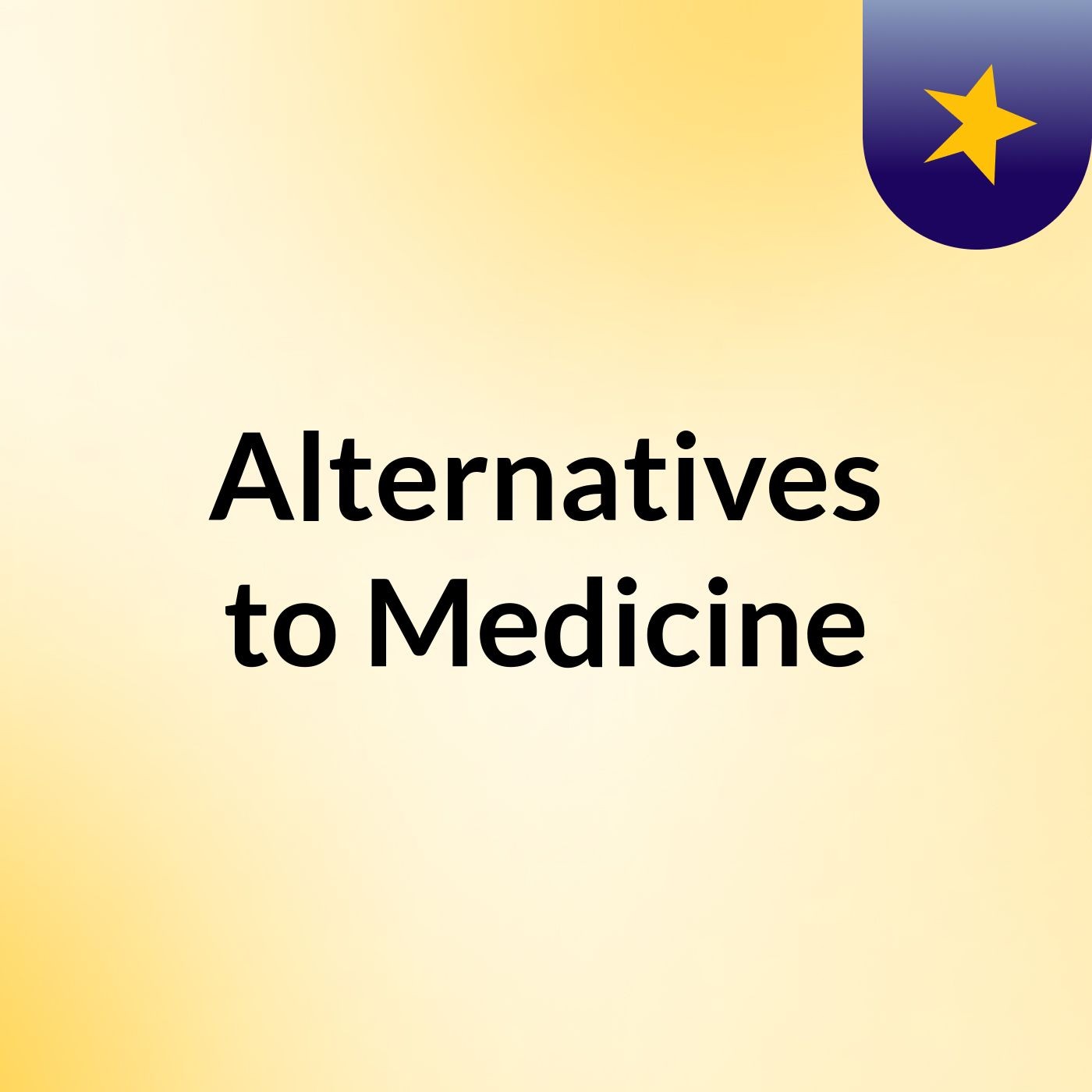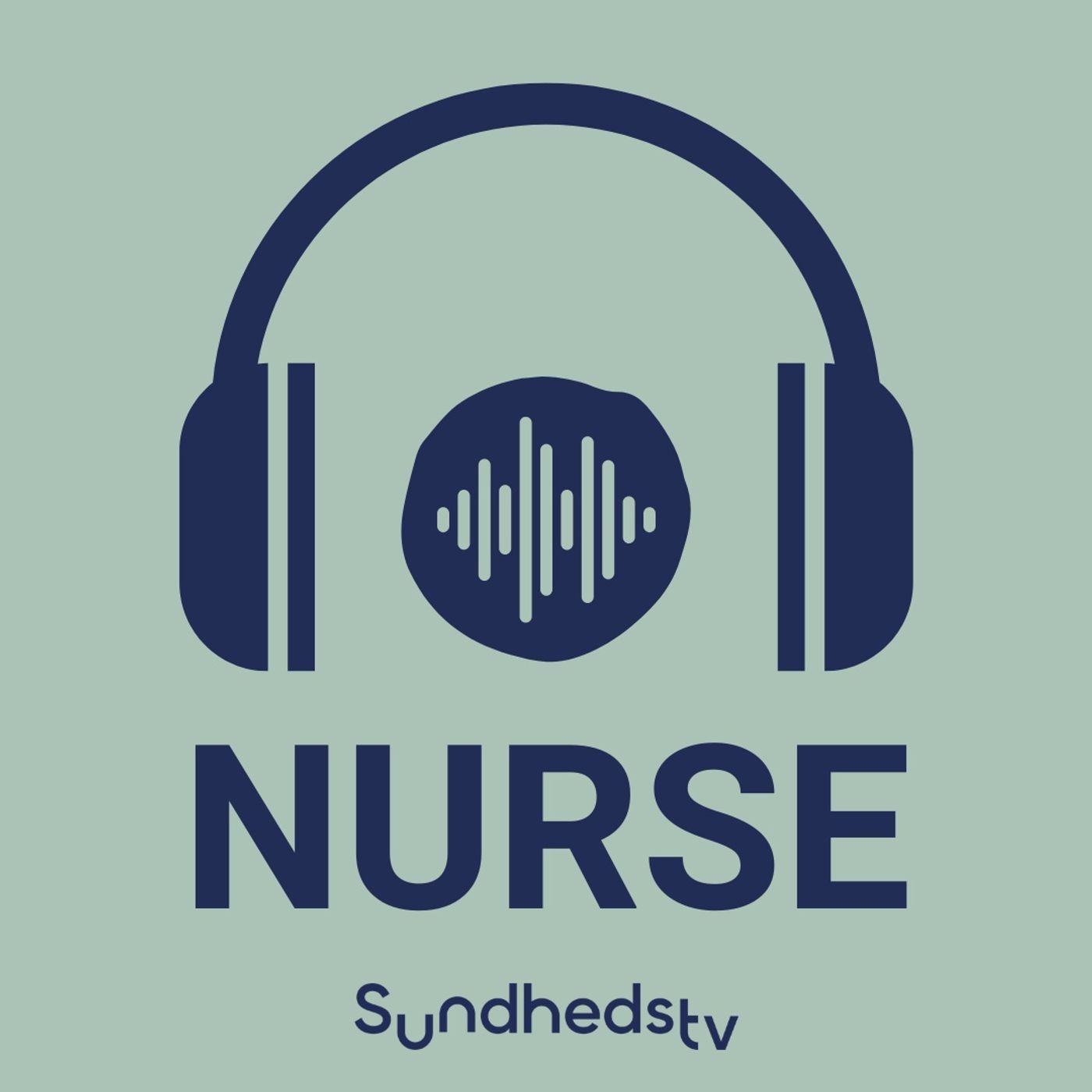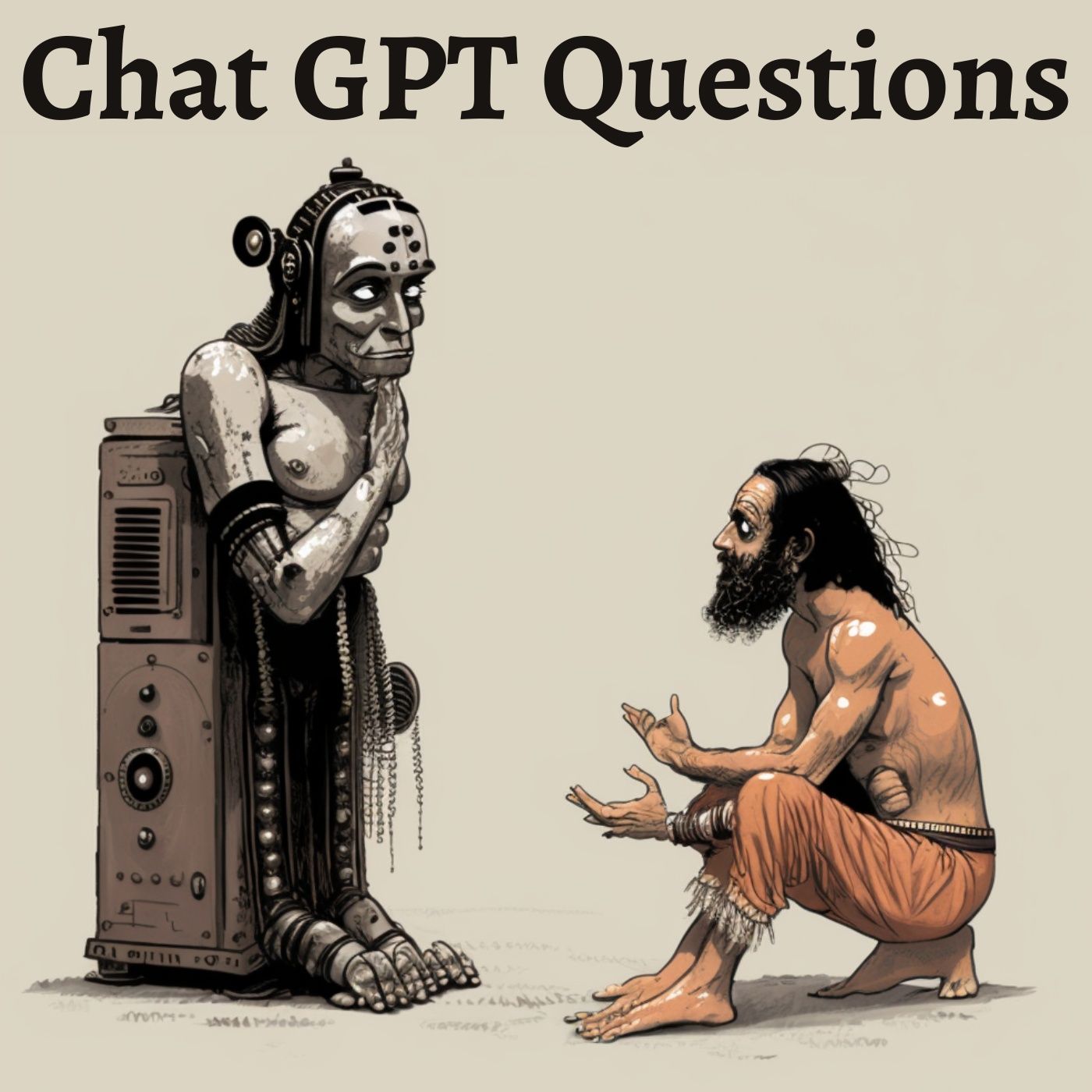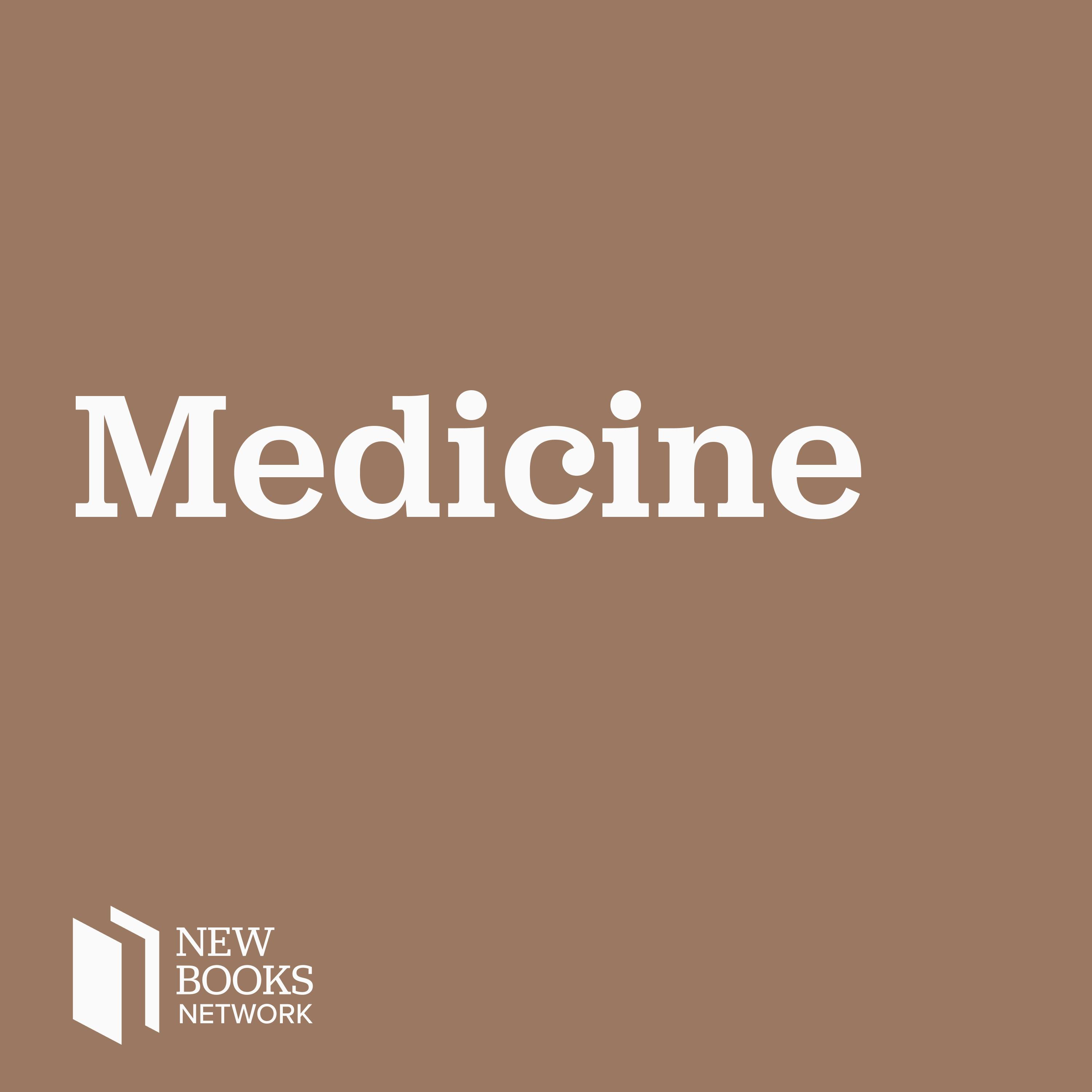The Voice of Los Feliz: Gratitude
Description
Greetings from Modesto, California where later today I am picking up my sister’s cremated remains. This past week, I received a letter addressed to my sister. It began:
Dear Leslie Denise Leirness,
We have reviewed your eligibility for health coverage.
Your Medi-Cal will end the last day of 12/2024 because:
We received notification of the death of Leslie Denise Leirness.
In other words, “Hi, because you’re dead, we will no longer be insuring you.” The letter goes on to say, “Also, for your information, there are no special death or burial benefits provided” and further suggests that if my deceased sister has “questions” that she should “call or write” her case worker right away.
More than one person with whom I have shared this letter has explained that its purpose is to protect against fraud. Even if that’s the case, it hardly seems the most efficient method of verifying death. What are they going to do, let weeks go by and say, “Well, we didn’t get a response to the letter. I guess she really is dead”? Wouldn’t writing to the next of kin, or the person’s emergency contact, make more sense? This is certainly a case where I hope an AI has taken the letter writing job away from a human, because honestly, how awful to be the one writing such letters.
By the way, in writing those words, I became concerned that “AI” as I have been seeing it written, should actually have periods (as in “A.I.”) to denote the abbreviation of the words Artificial Intelligence. So, I typed the question into Google, “Should AI have periods?” And I kid you not, this is how the Google AI responded:
No, an AI should not have periods as it is a computer program and does not have a human body with the biological capacity for menstruation; attributing human characteristics like periods to an AI is considered inappropriate and can perpetuate gender stereotypes.
While that might not be comedy so great as to worry actual comedy writers about their livelihoods, it certainly reveals a sense of humor more developed than that of the person who wrote to tell my sister that her health insurance was being discontinued because she was, in fact, dead (if, again, that actually was a person). Don’t get me wrong, though, I am incredibly grateful to Medi-Cal. Witnessing my sister, who had lost use of her limbs, had no ability to swallow, and very little ability to communicate, but who could still understand where she was and, for the most part, what was happening to her, I came to what felt like an important conclusion. Any day where we are able to receive love, and are aware of the love and kindness being offered to us, is a day worth living. Thanks to Medi-Cal, from hospital staff to hospice care, my sister received around-the-clock love and kindness during the final several weeks of her life and all the costs were covered.
During the final two decades of her life, and especially the final four and half years or so, my sister spent a great deal of time in hospitals and rehab facilities. This might well have proven not to be the case if my sister, like our mother before her, had not eschewed all other medial care and treatments. The only medical care she would accept was while hospitalized because she did not trust what she continued to think of as “Obama Care”. In-home care, rehab, outpatient services, or even taking the medicines prescribed to her were all non-starters because the costs for them were covered by a program that she could only enjoy because of the efforts of a President and a state government (in this case California), that she deemed the villains in the story of all that is wrong with the United States of America.
One excuse she gave for not being willing to see any doctor outside of emergency rooms or while staying in intensive or long-term care units, was her belief that they would force her to get “the jab”, meaning, of course, a Covid-19 vaccination. Never mind that my sister almost died because of Covid-19 and was hospitalized for quite a long time because of its effects. And never mind that this was merely the latest in a litany of reasons why she should not trust doctors. There were always reasons that prevented her from developing, let alone following, any healthcare plan going all the way back to the first stroke she had suffered some twenty years ago, or the thyroid cancer she had surgically removed a couple of years after that. My wife and I developed and set up what we thought was a very practical and hopeful strategy for my sister’s long-term care. After our efforts were rejected out of hand, it became clear that all my sister really wanted was someone with whom to argue about these things, and all the things that liberal, socialized, healthcare America was doing to cause her panoply of grievances, grievances echoed and amplified by Glenn Beck, and the other conservative radio hosts to whom she would listen 24/7.
During the final stages of clearing out our parents’ home in Turlock, California, the task of cleaning out my sister’s former jewelry studio fell to me. She had been physically unable to make jewelry for some time, and the large room, much to my horror, had become a storage space for hoarding, and more than that, a trash dumpster, as the piles and piles of half-eaten take-out food proved. At the bottom of one enormous, particularly horrifying pile of detritus, I uncovered a sight both dispiriting and the epitome of gallows humor: a large placard with the following four words proudly printed upon it: “Make America Great Again”.
It is almost unspeakably sad to me that my sister might have deprived herself of resources, in some cases, life-enhancing resources, because her political identity prevented her from receiving them. Leslie would only entertain medical advice advocated by the Glenn Becks and Donald Trumps of the world. Until she found herself in ambulances, emergency rooms and intensive care units. Then, she would become a model patient. Until she was well enough to check herself out of medical facilities, almost always against medical advice, at which point her care would once again be handed over to the pundits on talk radio.
I share all of these details so that you will have some insight into what I have faced these past several years as I attempted to be a loyal, supportive brother to my older sister. To be willing to do anything for someone who refuses to do everything possible to fight for their own health is a profoundly stressful game of waiting for the inevitable. Further, I share this in the hope that those who read these words might indulge me with a wish. The experiences I have had with my sister these past several years, and what I have learned from those experiences, make me wish that none of us would ever withhold love from someone on the basis of how that person might have voted in any particular election.
My sister seemed to adore Donald Trump. I most decidedly do not. We never withheld love from each other. During the last conversation in which Leslie was verbally able to participate, the doctor, upon learning that I was the younger brother, asked, in a tongue-in-cheek nature about who is more loving, an older sister, or a younger brother. My sister managed the words, “We love each other equally.”
I smiled and told the doctor that her answer proved that my sister was the more loving of the two of us.
We all have strong feelings about the recent election. Of course, when I use the words “we all”, I refer to the 45% of U.S. citizens who actually voted in the election. Even if you don’t count those in U.S. territories, who despite being citizens, aren’t allowed a voice in elections, and, naturally, don’t count those who are ineligible to vote based on age, mental disability or criminal status, you still end up with many more eligible voters who decided not to participate in our most recent exercise in democracy (90 million) than who voted for the winning candidate (who received 77.25 million votes). In other words, far from having strong feelings about the election almost 40% of those eligible to vote had no feelings at all. Unless, being disinterested or turned off by our political system counts as a strong feeling.
Yet, before I digressed, my point was going to be that no matter anyone’s feelings about the candidates, the election, or voting in general, those feelings in no way made someone more or less likely to reach out to me with condolences in the wake of my beloved sister’s death. My gratitude for the compassion in which I was held did not vary based on the political attitudes or beliefs of those offering that compassion. To find myself an orphan at now 56 years of age is to experience a bit of untethering from the world and I derive strength from knowing that I am held by the love and kindness of people all across this world, many of whom have quite different political outlooks than my own. And so it has been painful for me to witness the all-too-common alienation of affection that has occurred due to our proliferation of divisive rhetoric and attitudes. I loved my sister. I am glad that I loved my sister. I am grateful I never withheld that love. It has made the grieving process one where I am seemingly free of feelings of regret surrounding my own actions.
Of course, I have been in various stages of grief for five years now, I suppose. Starting with my mother’s death in November of 2019, continuing with my father’s death in June of 2020, and having stood witness to my sister’s descent into poorer and poorer health these past five years, as I described in an earlier essay, grief has been my near-constant dance partner. One thing I have learned through this process is that when offering condolences, it is best not to add “and your family” to the end of the offering. “My condolences to you and your family” assumes that there is, in

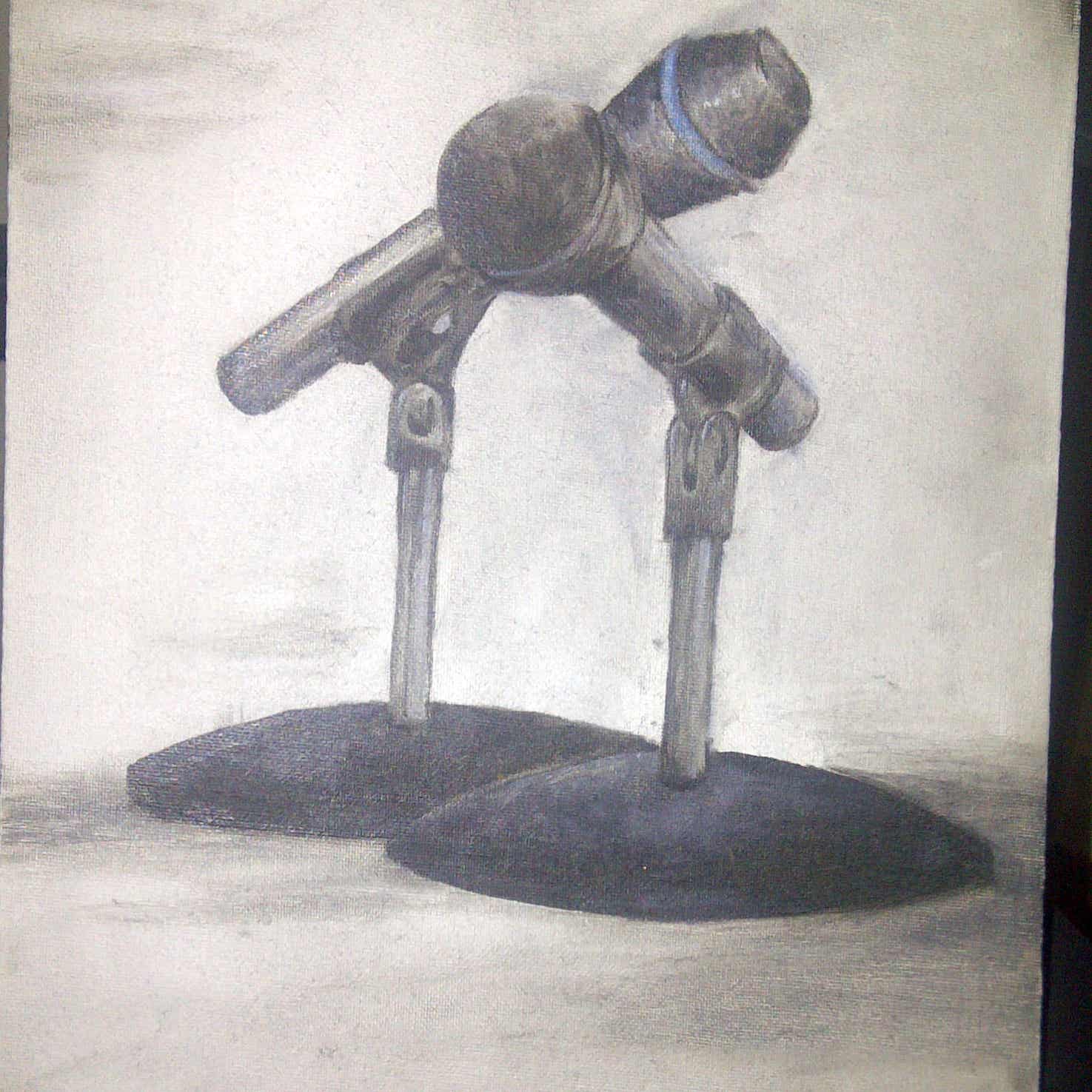

![Connected Parenting: 100 Holidays | CP192 [RERUN] Connected Parenting: 100 Holidays | CP192 [RERUN]](https://assets.blubrry.com/coverart/orig/684297-1677250879.jpg)

